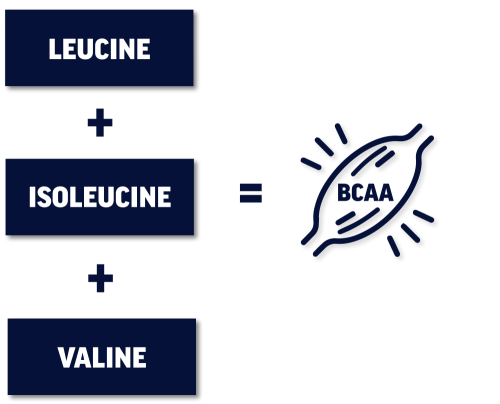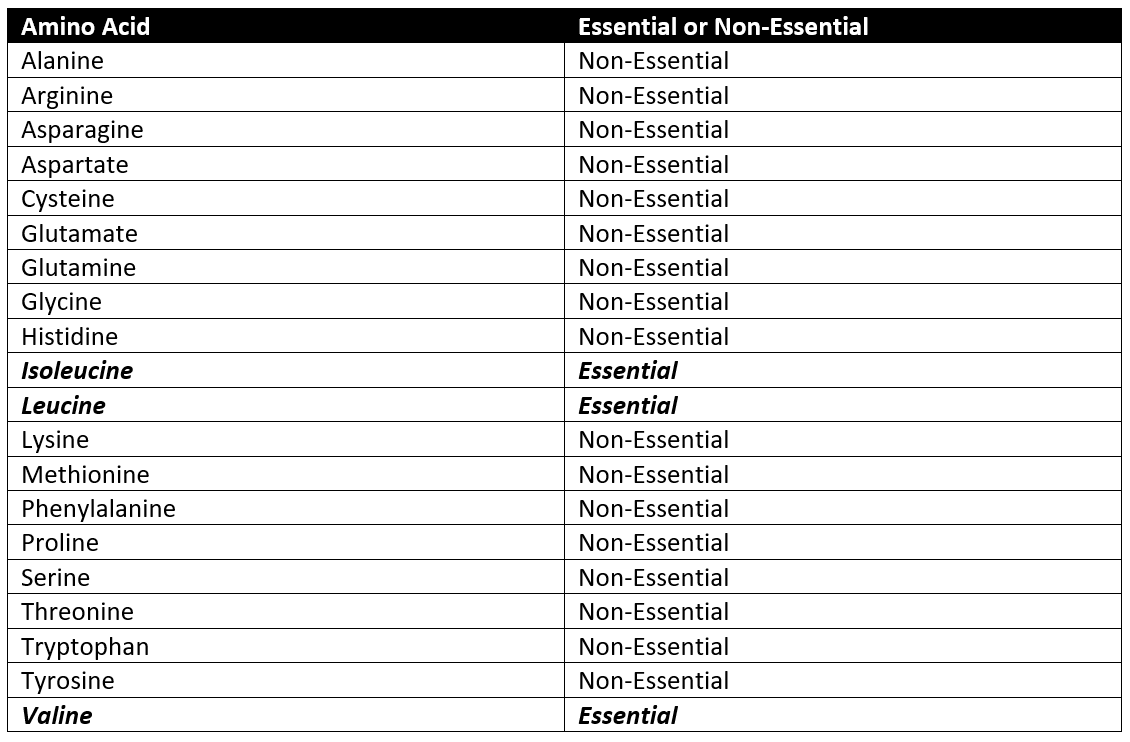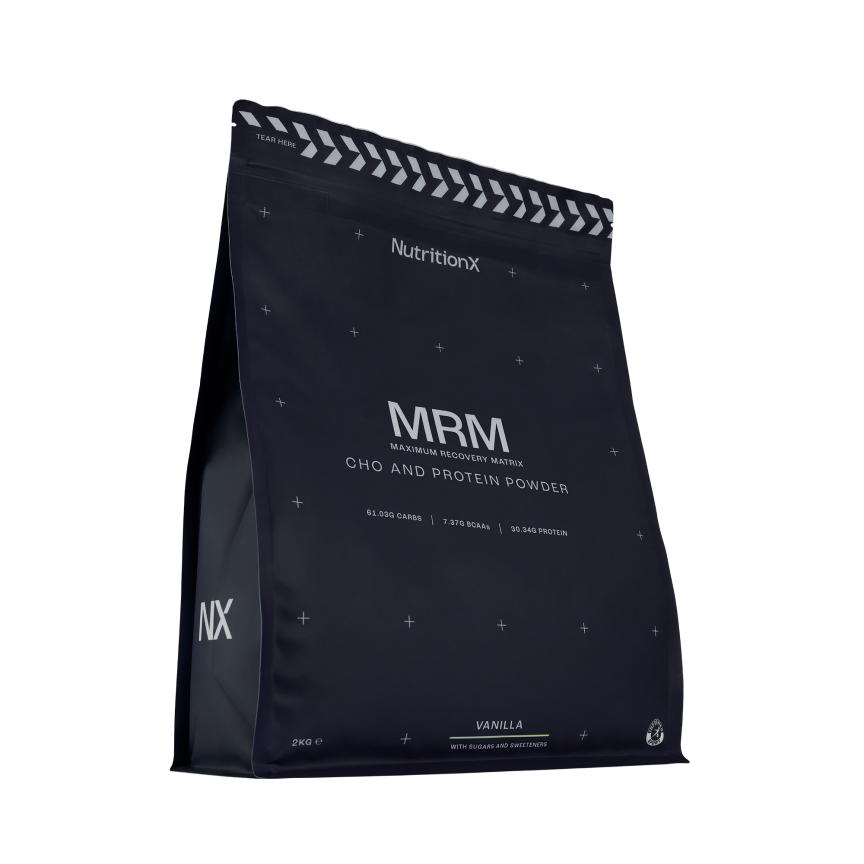What are BCAAs?
In the same way that bricks build a house, amino acids are the building blocks for proteins. In total there are 20 amino acids. 12 amino acids are non-essential meaning the body can synthesize them and 8 amino acids are essential meaning that the body cannot make them and so must be consumed via the consumption of food. Of the 8 essential amino acids there are 3 Branched Chain Amino Acids (BCAAs) which are leucine, isoleucine, and valine (see table 1 for a breakdown of the amino acids). The BCAAs are the most commonly found essential amino acids present in proteins and can play important roles in the body, for example enhancing muscle protein synthesis.

Why We Love BCAAs
Muscle growth and / or repair is a common goal for most athletes. Once consumed, proteins will start to be broken down into amino acids (AA) and absorbed where the liver will then extract a portion and release the rest to be circulated in the body. However, BCAAs can be directly taken up in skeletal muscle. Once in the muscle, Leucine in particular plays a vital role in activating muscle protein synthesis (MPS). In the same way a light switch can be switched on, Leucine can switch on the mTOR pathway that activates MPS.

Benefits of BCAAs
- Provides the building blocks for proteins
- Aids in muscle protein synthesis
- Essential amino acids which means the body cannot make them











